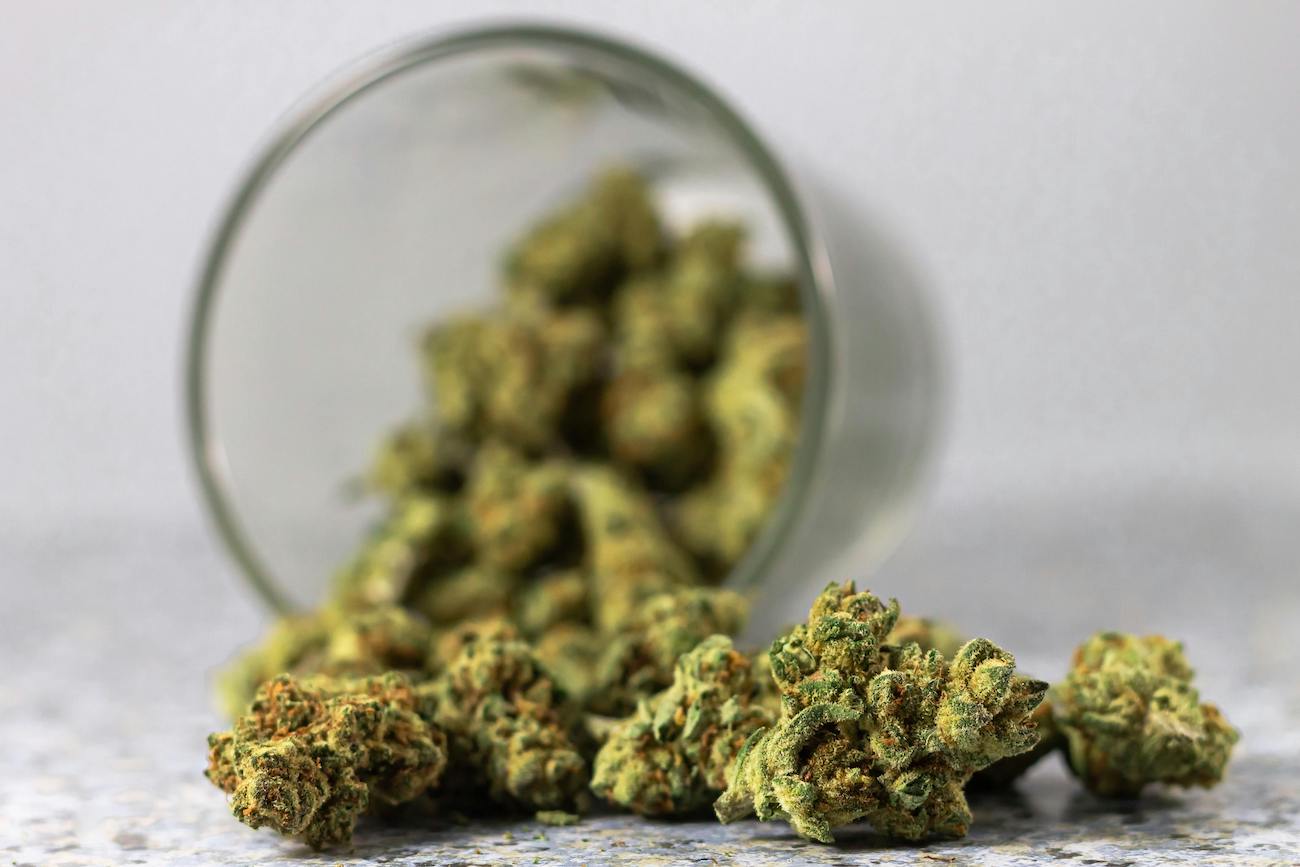A Drug Enforcement Administration judge has rejected a veterans group’s petition to participate in an upcoming hearing on the Biden administration’s marijuana rescheduling proposal, which the organization called a “travesty of justice” that excludes key voices that would be affected by the potential policy change.
The Veterans Action Council (VAC) was among numerous stakeholders that requested the opportunity to participate in the hearing, set to begin on December 2, following the Justice Department’s proposal to move cannabis from Schedule I to Schedule III of the Controlled Substances Act (CSA).
After it was reported that the VAC was omitted from the list of 25 witnesses selected by DEA Administrator Anne Milgram, the group submitted a petition to Administrative Law Judge John Mulrooney earlier in November, urging the agency’s judicial body to reconsider given the unique impact of rescheduling on the veterans community.
While the DEA “devised a reasonably inclusive stakeholder assortment” of witnesses, the VAC said it still “failed” to fulfill its mandate to allow testimony from interested parties. And the veterans organization said that’s evidenced by the fact that Mulrooney has since delayed the formal hearing proceedings until early 2025, because the DEA provided insufficient information about their selected witnesses’ positions on rescheduling or why they should be considered interested parties.
Moving it to Schedule III is “clearly a step forward,” but it’s “inadequate to address veterans’ needs, the coalition said.
The VAC’s position is that marijuana should be reclassified as a Schedule V substance, or descheduled altogether. Moving it to Schedule III is “clearly a step forward,” but it’s “inadequate to address veterans’ needs and continues to place unnecessary barriers to cannabis access within Veterans Affairs (VA) healthcare,” the coalition said.
“VAC respectfully requests that the DEA consider the extensive body of evidence and lived experiences of millions of Americans in its rescheduling decision,” it said in a press release, adding that the group “will continue to advocate for Veterans’ rights to access cannabis and remains dedicated to providing a voice for the Veteran community in ongoing cannabis policy discussions.”
The day after the VAC submitted its petition, Mulrooney signed an order of denial, which was first reported on November 15 by Law360. The ruling didn’t speak to the merits of the organization’s arguments; it simply said that because the administrator has already selected its witnesses, “no action can or will be taken on [the VAC’s] request.”
However, Mulrooney suggested in the footnotes of the order that the DEA’s decision to exclude the organization “may not be altogether settled,” leaving open the possibility of an appeal.
The group is “exploring the appeal option and consulting with counsel on that issue.”
VAC Councilmember Etienne Fontan told Marijuana Moment on November 18 that the group is “exploring the appeal option and consulting with counsel on that issue, since the judge recommended that in his footnotes.”
While an initial hearing on the marijuana rescheduling proposal will take place on December 2, no testimony or evidence will be taken at the time.
The DEA has already made clear that it feels additional information is needed on a number of topics related to the scientific review into marijuana that led to the reclassification recommendation. Some view the scheduling of the hearing as more evidence of DEA skepticism.
For what it’s worth, Vice President Kamala Harris, who lost the November 5 presidential election to former President Donald Trump, has previously said that part of the reason for the delay in the administration’s marijuana rescheduling effort is federal bureaucracy that “slows things down,” including at the DEA.
While the Biden-Harris administration facilitated the review that led to the Justice Department’s rescheduling proposal, Trump has also voiced support for the reform.
Meanwhile, a marijuana and psychedelics researcher recently filed a lawsuit in federal court alleging that the DEA violated multiple laws in setting a hearing to further consider the administration’s cannabis rescheduling proposal—and he’s asked for an order halting the proceedings until those issues are resolved.
Photograph by Terrance Barksdale via Pexels
This story was originally published by Marijuana Moment, which tracks the politics and policy of cannabis and drugs. Follow Marijuana Moment on X and Facebook, and sign up for its newsletter.




